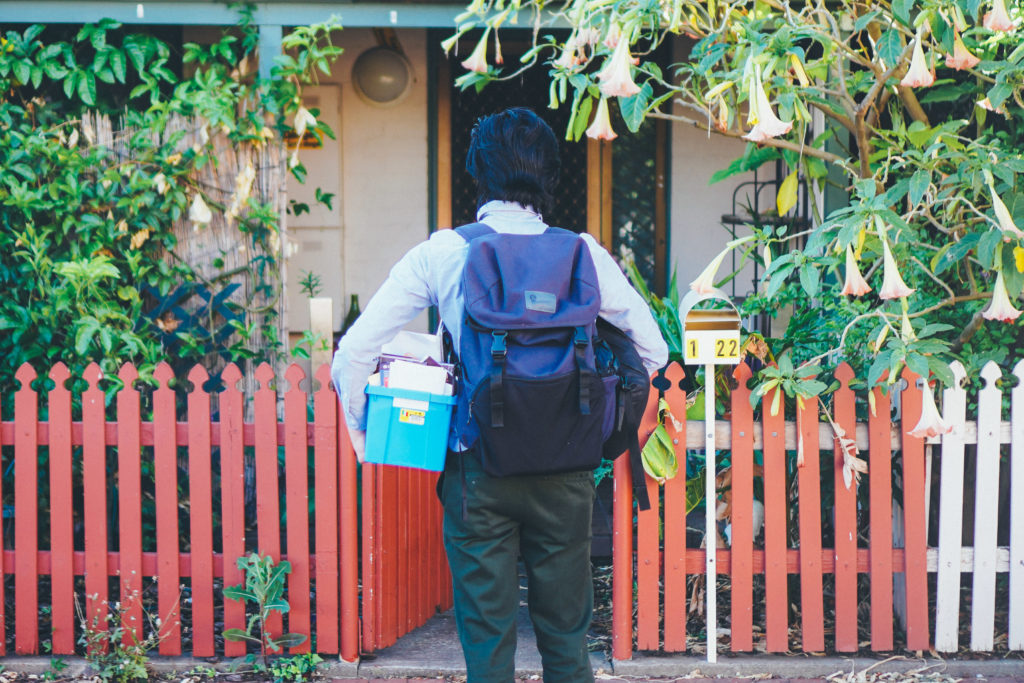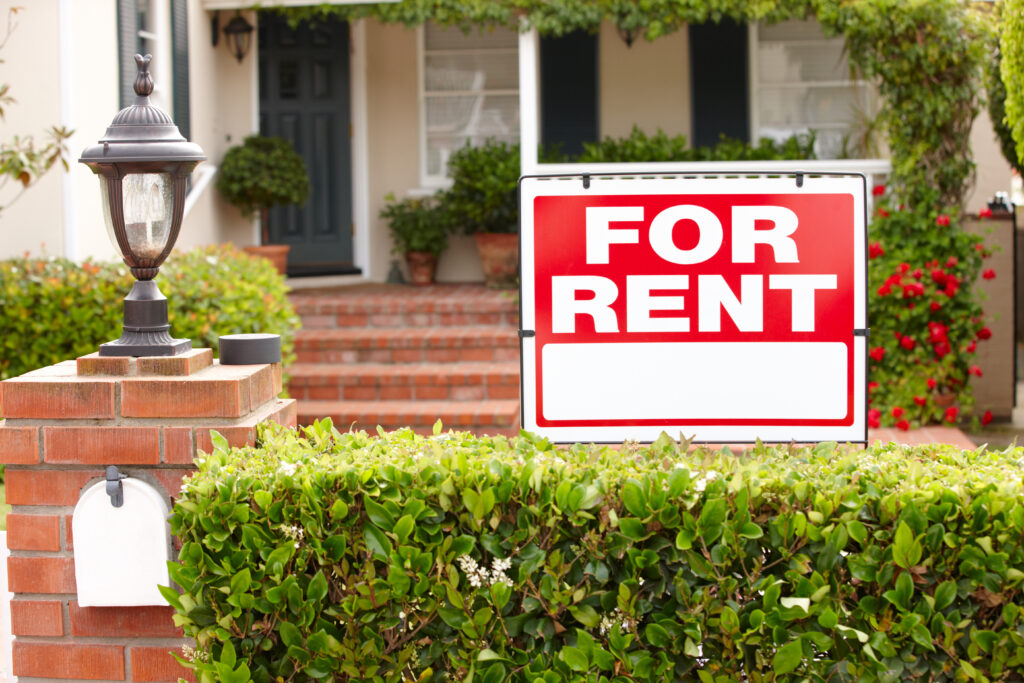As an international student in Australia, it’s important to know how to keep yourself safe and secure so you can enjoy your life here without stress. You’re probably aware of the rental crisis happening in Australia right now – as rental prices soar, the rental market is becoming increasingly competitive. As a result, rental scams are becoming more rampant, many of which are targeting international students specifically. Being the victim of a scam can be stressful, so we’ve put together this guide with everything you need to know about rental scams and how to protect yourself as a renter in Australia.
Rental scams to watch out for
There are various rental scams to be wary of. Some common scams to watch out for include:
- Paying a bond, a deposit or rent up-front for a property that doesn’t exist or cannot be rented
- The property does not appear as advertised (e.g. certain amenities or features are missing)
- Paying more than your fair share of rent. For example, an anonymous Sydney lease-holder went viral weeks ago for admitting that they use their subtenants’ contributions to cover their portion of the rent.
Rental scam warning signs
Not sure if you’re being scammed or not? Here are some common warning signs to be mindful of:
- The rent is a lot cheaper than other similar accommodation in the area
- You are asked to sign a lease or pay a bond or deposit before you have seen the property
- The photos or description of the property don’t match the reality on inspection
- The landlord or agent makes excuses to explain why you can’t view the property, such as that they are in another state or overseas
- The landlord or agent requests money via money transfer
- The landlord or agent creates a sense of urgency, saying that the property won’t be available long (scammers often use this to trick people into sending money to ‘secure’ the property)
Scammers may try to appear genuine by providing photos, real addresses of properties, copies of land titles and even scans of stolen passports. Scammers may also ask for personal details – such as bank and credit card numbers and driver’s licence details – which they use for credit card and identity fraud.
How to protect yourself against rental scams
Now that you understand the types of scams out there and how to spot them, let’s explore the strategies you can use to stay safe.
Understand your rights
It’s vital to understand that as an international student, you have the exact same rental rights as an Australian citizen. No one should take advantage of you just because you have come from overseas. The better you understand your rights, the better you can protect yourself.
Inspect in person
Whenever possible, inspect properties in person (or send a friend or loved one to inspect them for you if you can’t be there). It’s also a good idea to take someone with you when you inspect a property – two pairs of eyes are better than one for spotting anything that seems odd or unusual.
Don’t reveal personal details
You should never disclose personal details early on in the process; this is an important way of protecting yourself against identity and credit card fraud.
Trust your gut
If something seems too good to be true, it probably is! If something feels off, steer well clear of any further interaction with the agent, agency or individual.
Use well-known platforms
Search for a rental using a well-known reputable website or agency, such as rent.com.au or realestate.com.au) – this will ensure that you are receiving accurate information and can trust the agent and the information they provide
Double check advertised property information
If you can, search the property address on Google Maps and look at the street view. You can also do a reverse Google image search to check if property photos are duplicated from somewhere else.
If you’re looking at moving into a share house, make sure you talk to all members of the house (not just one). You can also ask to see the lease agreement if you will be sub-letting
Know where to gather knowledge and find support
If you have loved ones in Australia, ask them about what’s common practice and what isn’t. It’s also a really good idea to check with locals or people who have lived in Australia for a while as they will be familiar with renting in Australia.
You can also turn to your education provider (particularly the international student service or association, who will be able to provide tailored advice and assistance).
It’s also a good idea to look into the tenant rights body in your state or territory:
- ACT – Tenants’ Advice Service
- NSW – NSW Fair Trading and Tenants Advice & Advocacy Services NSW
- NT – Tenants Advice Service and Consumer Affairs Northern Territory
- QLD – Tenants Queensland and Residential Tenancies Authority
- SA – Consumer and Business Services (CBS) and RentRightSA
- TAS – The Tenants’ Union of Tasmania and Consumer Affairs and Trading
- VIC – Consumer Affairs Victoria
- WA – WA Department of Commerce and Tenancy WA
Finally, if you are the victim of a scam, please report it to Scamwatch to help alert and protect others.





